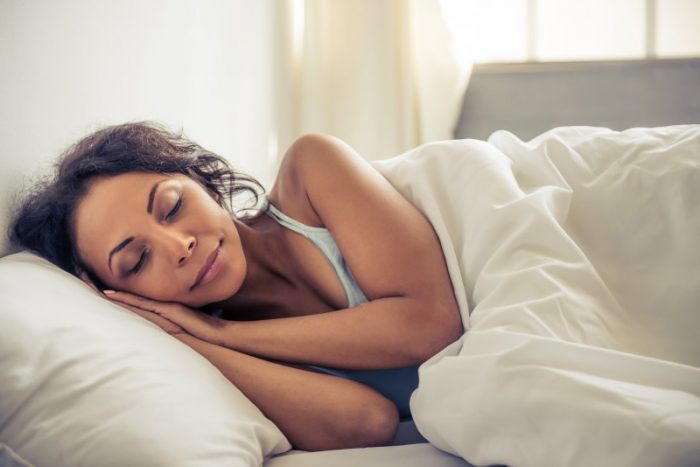Oral Appliance vs CPAP — Is One Better than the Other?
January 15, 2021
The most common treatment for sleep apnea is a CPAP machine. And while it is widely considered the best solution for treating the condition, a significant portion of those who’ve been prescribed a CPAP find it difficult to comply with the treatment. Translation: they don’t wear it nightly as they should. Many find CPAP machines to be noisy, difficult to travel with, and uncomfortable. So, is there a viable CPAP alternative? Yes! Research indicates that in many cases, a custom-fit oral appliance is as effective in treating sleep apnea as a CPAP, and often, much easier to tolerate for the long term. Let’s take a closer look at that research.
How Do They Work?
Before we discuss the study and its results, let’s briefly review how CPAP therapy and oral appliances work:
- A CPAP machine uses pressurized air to prevent the airway from collapsing at night. Patients are fitted with a full mask or nasal pillow that produces a constant stream of air through the airway, keeping the soft tissues of the throat from blocking the passage.
- An oral appliance is a small, mouthguard-like device that repositions the lower jaw in a way that prevents the tongue and other soft tissues from falling back into the airway and creating an obstruction.
A 2-Year Study with Encouraging Results
103 patients with obstructive sleep apnea (OSA), ranging from mild to severe, were chosen to participate in the study. Some participants used CPAP machines, while others used oral appliances. The study lasted for two years, and researchers checked the patients’ progress annually. Treatment was considered to be successful if patients had five or fewer episodes of partially or fully obstructed breathing each hour, or if they had a reduction of at least 50 percent in the number of episodes they experienced.
The results? Researchers concluded, “Oral appliance therapy should be considered as a viable treatment alternative to continuous positive airway pressure (CPAP) in patients with mild to moderate obstructive sleep apnea syndrome (OSAS).”
Other Factors to Consider
Research shows that oral appliance therapy is a viable, effective alternative to CPAP in most cases. And, in this day and age, oral appliance therapy may prove to be a safer alternative. At a time when we are wearing masks to prevent the spread of germs, a CPAP machine can disperse respiratory droplets throughout a room at night. You can read more about how this affected a nursing home in Washington State recently, so it’s a valid concern that will no doubt be studied more closely.
To determine which option suits you better, you should speak with a sleep medicine expert who is familiar with both types of treatment to receive an objective comparison for your individual needs.
If it seems that either treatment would be effective for you, there are a few factors you should consider before you make your final decision:
- Convenience. Many patients find that an oral appliance is more convenient than a CPAP because the appliance is small, portable, and easy to clean.
- Comfort. Sleeping with a CPAP machine is uncomfortable for many, whereas an oral appliance may be easier to use since it’s free from cumbersome masks and tubes.
- Compliance. You should ask yourself which treatment you are more likely to use consistently. Afterall, the first measure of effectiveness is, of course, whether or not you adhere to the treatment protocols.
- COVID-19. If you sleep in a room with someone else, keep in mind that a CPAP machine pushes out respiratory droplets into the air of those around you.
Both CPAP therapy and oral appliances are effective ways to treat sleep apnea. Consult a sleep medicine expert to help you decide which treatment is right for you.
Meet Dr. Mogell
Dr. Kenneth Mogell, a board-certified specialist in sleep medicine with over 10 years of experience treating sleep breathing disorders is the practice’s founder and primary practitioner. The practice has three South Florida locations: Melbourne, Vero Beach, and Boca Raton. To learn more about Florida Dental Sleep Disorders and Dr. Kenneth Mogell, contact our team at 844-294-7559. We accept Medicare, Tricare and most medical insurance!
